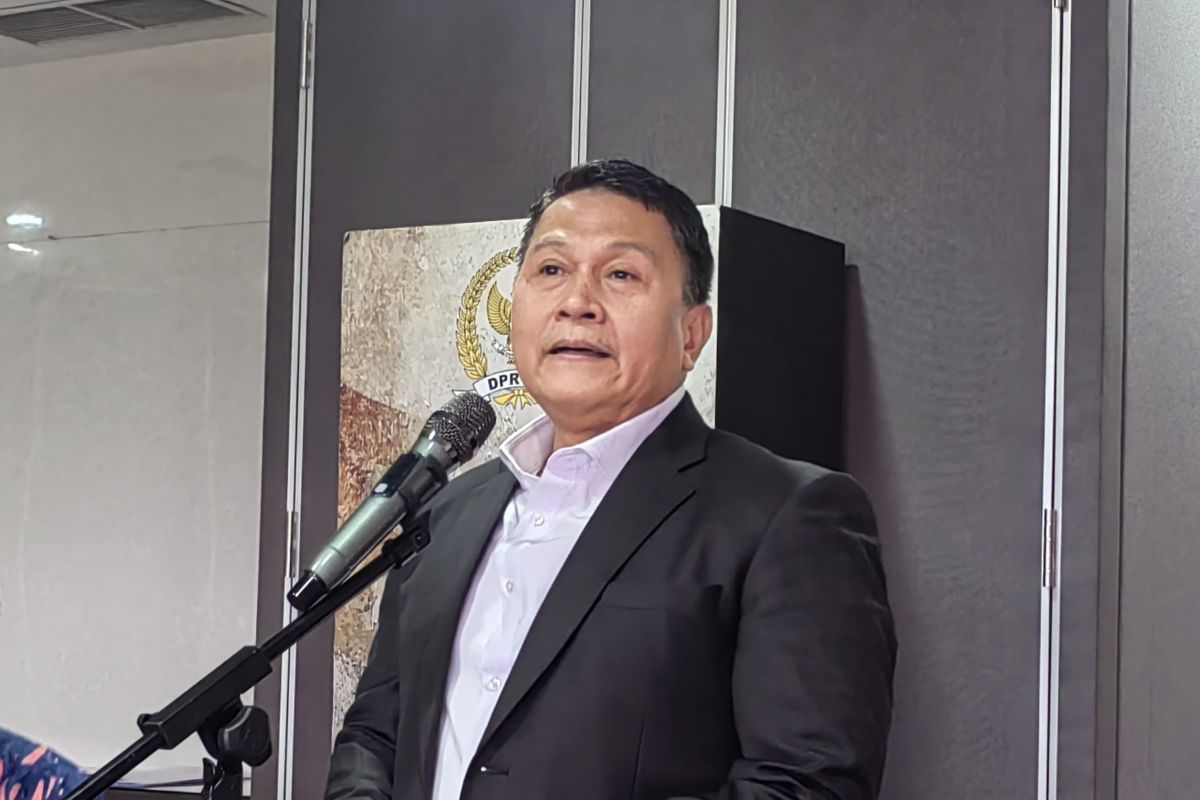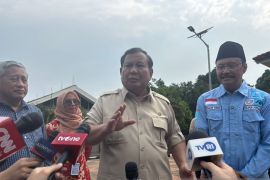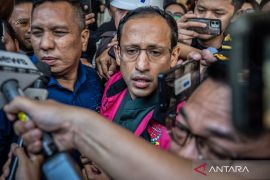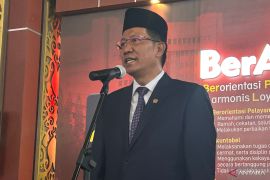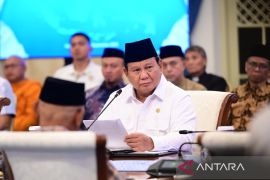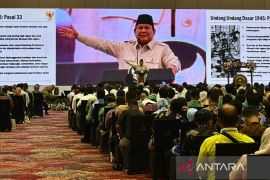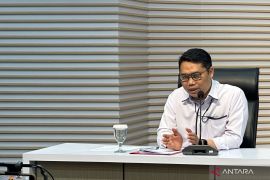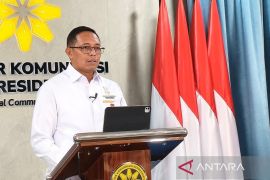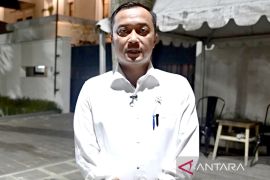"Young people are future leaders who must have integrity from an early age. On the other hand, they are the ones who are significantly affected by corruption," Secretary of SEAPAC Mardani Ali Sera stated in Jakarta on Monday.
Sera, concurrently chair of the Inter-Parliamentary Cooperation Agency (BKSAP) of the Indonesian House of Representatives (DPR), conveyed this at the commemoration of World Anti-Corruption Day observed every December 9.
According to the secretary, the main theme of UN International Anti-Corruption Day 2024, "Uniting with Youth against Corruption: Shaping Tomorrow's Integrity", is relevant to the challenges of eradicating corruption today.
Sera characterized corruption as a fundamental adversary of humanity, arguing that its destructive nature undermines comprehensive societal goals of welfare, advancement, and equality.
For the younger generation, he elaborated that corruption creates a devastating cycle that systematically destroys access to quality education, employment prospects, involvement in public affairs, healthcare services, and other fundamental life opportunities.
"This ruins the dreams of young people," he said.
He noted that ASEAN projects the region's youth population to constitute one-third of its total inhabitants, with projections indicating a demographic peak of approximately 220 million young people by 2038.
He considered that with a huge population, the demands of young people for an appropriate, clean, and targeted budget with adequate policies are reasonable.
Sera affirmed that corruption rooted in government institutions and parliament should be eradicated to accommodate these demands.
He underscored the need for members of parliament in Southeast Asia to fight corruption, with one of the efforts being involving young people in eradicating corruption and building integrity from an early age.
"Parliament plays an important role in facilitating this. At the same time, fighting corruption from the legislative, budget, and supervision sides in encouraging accountability for the use of public funds," he remarked.
He expressed hope that parliaments across Southeast Asia would open the door to involving the voices and aspirations of young people so that the policies produced will positively impact this generation.
He affirmed that the opportunity for such involvement is also wide open, noting that according to ASEAN Inter-Parliamentary Assembly (AIPA) data, approximately 22 percent of parliamentary members in ASEAN countries, excluding Timor-Leste, are considered young.
"Therefore, in AIPA and ASEAN, mainstreaming policies that are pro-young generation and that encourage strengthening integrity from an early age is very necessary," he emphasized.
SEAPAC is a network of parliamentarians in Southeast Asia focusing on anti-corruption and good governance issues. It is also a regional organization of the Global Organization of Parliamentarians against Corruption (GOPAC).
SEAPAC currently has national branches in Indonesia, Malaysia, the Philippines, Cambodia, and Timor-Leste. Over 100 current and former parliamentarians from eight Southeast Asian nations, including Timor-Leste, have become members of the organization.
Related news: Strong monitoring of political finance crucial: BKSAP
Related news: President stresses zero tolerance for corruption hindering investment
Translator: Melalusa Susthira Khalida, Cindy Frishanti Octavia
Editor: Rahmad Nasution
Copyright © ANTARA 2024
